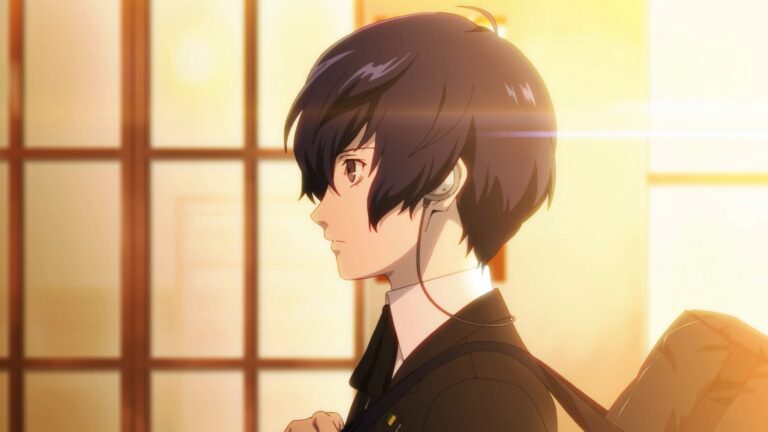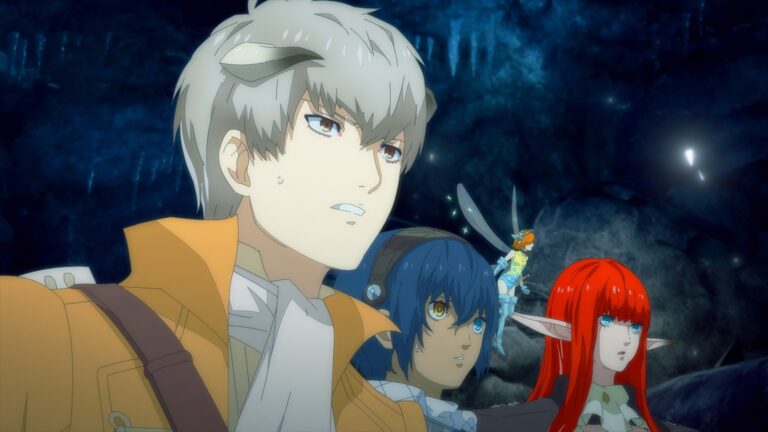Nintendo has decided a very controversial move in the Europe, Middle East and Africa, the industry giant will now remove and stop selling digital codes for their IPs from retail shops. Retailers still have rights to sell third-party software for the Nintendo Switch, however, they might lose their right in the following months.
In a statement from Nintendo to news outlet Nintendo Life, the company explain its reasons:
After careful examination of the evolving European marketplace in recent years, Nintendo has decided to end the availability of download codes for its own-published software via retailers, effective 1st July 2020.
Customers will still be able to purchase Nintendo eShop funds, Nintendo Switch Online memberships, and add-on content such as the Pokémon Sword and Pokémon Shield Expansion Pass, at retailers across Europe. Download codes for Nintendo Switch software from other publishers will also still be available.
We’re always investigating new avenues, and will continue to work on new methods to bring Nintendo eShop content to as many players as possible.
This is a disappointing move from Nintendo, retailers often had discounts and bundles in their shops, also, Nintendo is killing the experience of visiting a store and taking a look at the Nintendo’s merchandise. But there is much more than the disappointment of fans, there are legal precedents that suggest that Nintendo’s move might be against the laws, and consumers needs protection from this kind of decisions.
Reported by Console-Deal Nintendo might be against consumers rights, while Nintendo is very likely to be acting within their rights, some retailers will surely be working close with lawyers in order to determine if Nintendo crossed a line in their jurisdiction.
Nintendo are no strangers to running afoul of the EU on similar issues. In 2002, they were, along with several European distributors, fined more than 150 million Euros after it was found that they had worked to prevent “parallel” trade of games, where traders could export copies of Nintendo games when their country had them for a cheaper price than other nations.
Source: Nintendo Life
Stay tuned at Gaming Instincts via Twitter, YouTube and Facebook for more gaming news.
No related posts.






